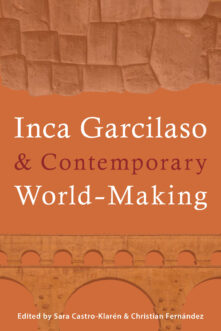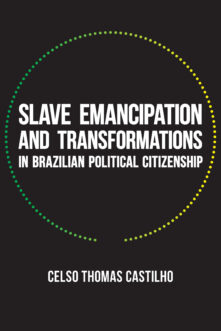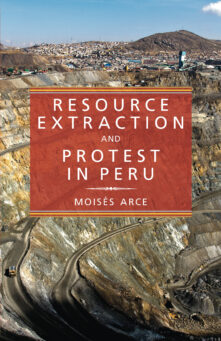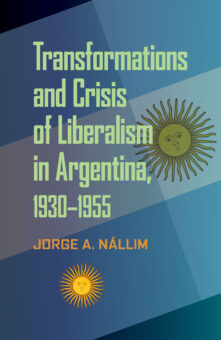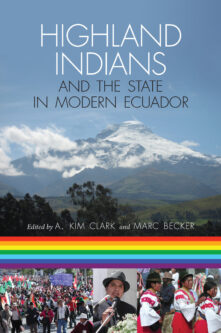History / Latin America / South America
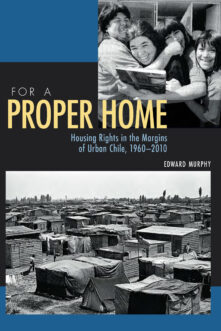

For a Proper Home
Housing Rights in the Margins of Urban Chile, 1960-2010
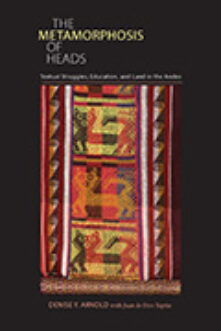

The Metamorphosis of Heads
Textual Struggles, Education, and Land in the Andes
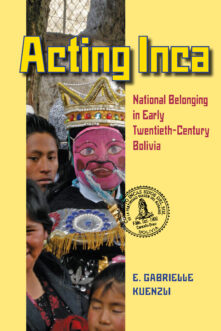

Acting Inca
National Belonging in Early Twentieth-Century Bolivia
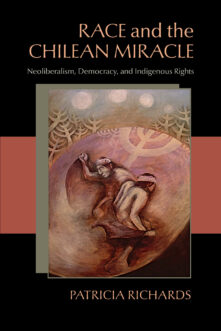

Race and the Chilean Miracle
Neoliberalism, Democracy, and Indigenous Rights
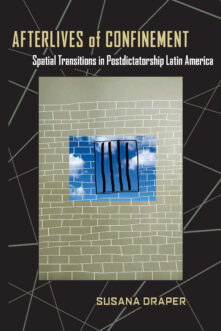

Afterlives of Confinement
Spatial Transitions in Postdictatorship Latin America
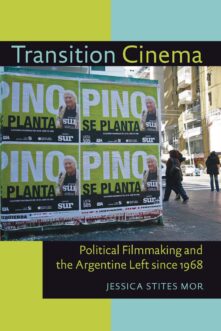

Transition Cinema
Political Filmmaking and the Argentine Left since 1968
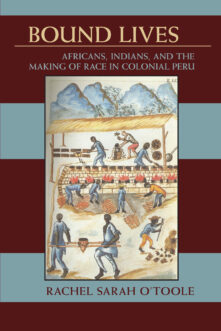

Bound Lives
Africans, Indians, and the Making of Race in Colonial Peru
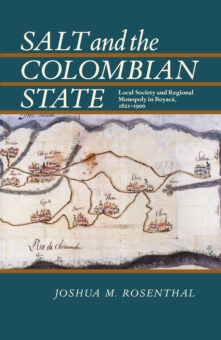

Salt and the Colombian State
Local Society and Regional Monopoly in Boyaca, 1821-1900
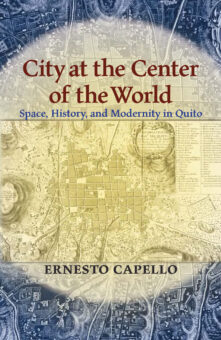

City at the Center of the World
Space, History, and Modernity in Quito
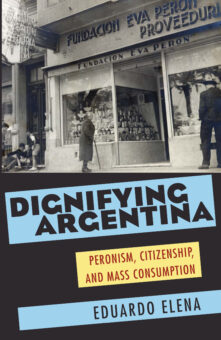

Dignifying Argentina
Peronism, Citizenship, and Mass Consumption
Total 67 results found.


